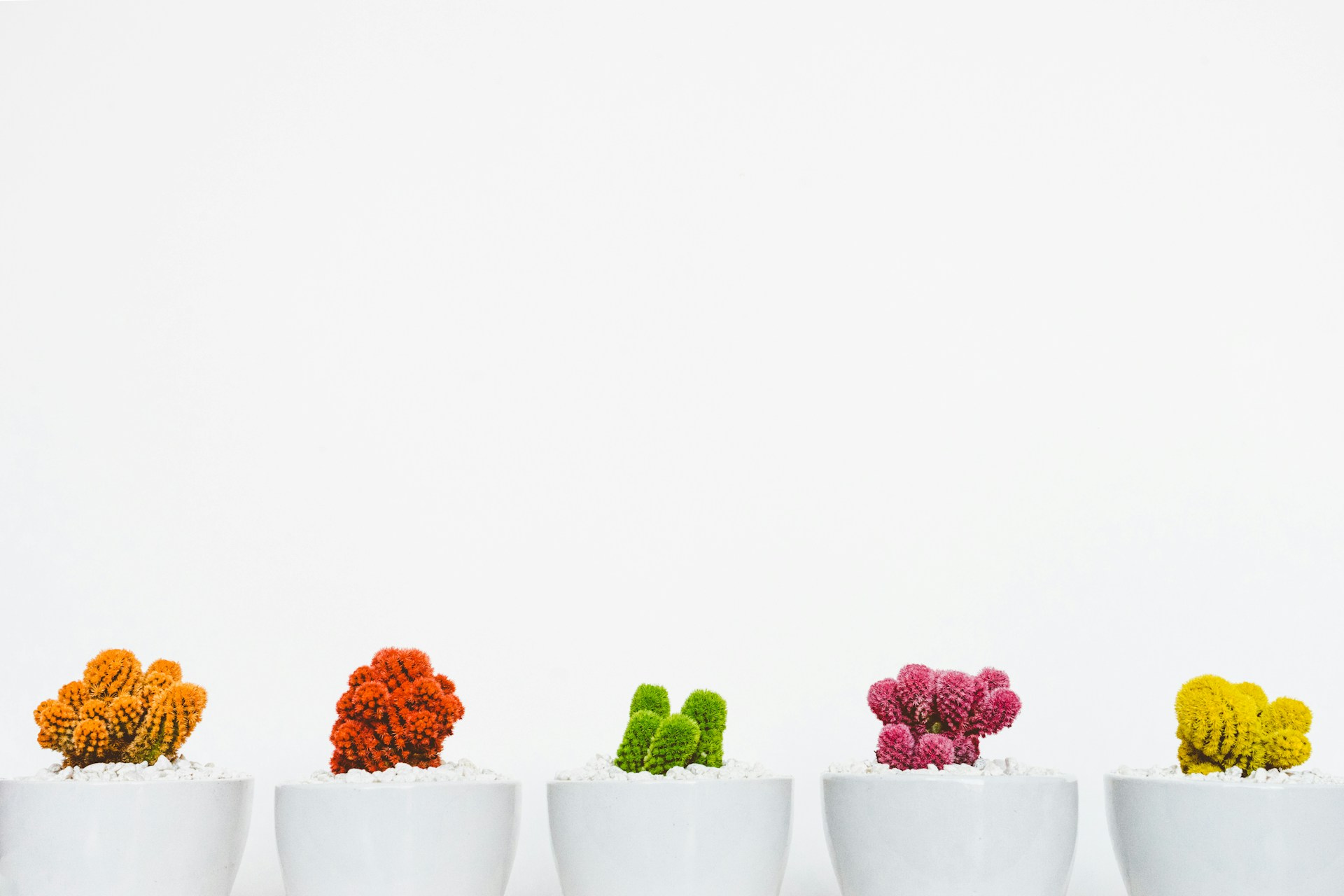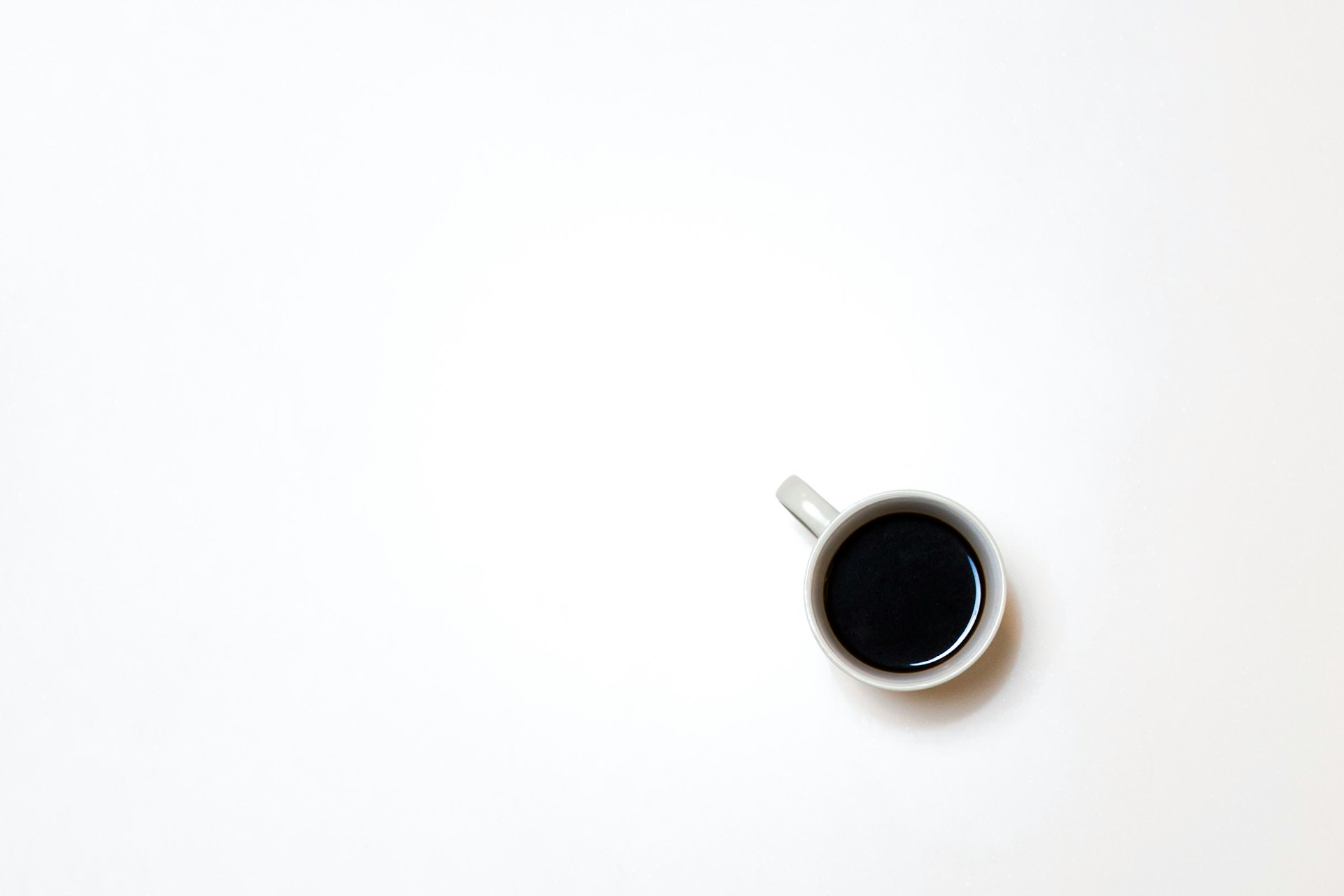The Role of Medical Marijuana in Managing Anxiety and Depression
In recent years, medical marijuana has gained significant attention for its therapeutic potential in managing a multitude of health conditions. Among these conditions, anxiety and depression have emerged as two major mental health issues affecting millions of people worldwide. As medical professionals continue to explore alternative treatment options, the role of medical marijuana, with the help of a Marijuana Card, is being increasingly recognized in alleviating symptoms associated with these debilitating disorders.
Anxiety and depression are complex disorders that can have a profound impact on an individual’s mental well-being and overall quality of life. Traditional medications and therapies often come with a range of side effects and are not always effective for everyone. Medical marijuana, however, offers a promising alternative due to its unique chemical composition.
The cannabis plant contains various compounds known as cannabinoids, including cannabidiol (CBD) and tetrahydrocannabinol (THC). Both CBD and THC have shown potential in relieving symptoms of anxiety and depression. CBD is non-psychoactive, meaning it does not produce the intoxicating effects associated with marijuana use, while THC is responsible for the euphoric high. Medical marijuana strains with a higher CBD to THC ratio are commonly recommended for anxiety and depression patients.
Research studies have demonstrated the anxiolytic and antidepressant properties of CBD. It interacts with serotonin receptors in the brain, influencing the release of neurotransmitters that regulate mood and anxiety. By reducing anxiety levels, CBD may alleviate symptoms such as excessive worry, restlessness, and panic attacks. Additionally, CBD has been shown to have neuroprotective effects, potentially mitigating the long-term impact of chronic anxiety and depression.
THC, on the other hand, stimulates the release of dopamine, a neurotransmitter associated with pleasure and reward. By increasing dopamine levels, THC can improve mood, reduce anxiety, and enhance the overall sense of well-being. However, it is important to note that high doses of THC may elicit adverse effects such as paranoia and increased anxiety in some individuals. This is where the expertise of medical professionals and a marijuana card come into play, as they can guide patients in finding the right strain and dosage to avoid potential negative side effects.
Given the potential therapeutic benefits, obtaining a marijuana card can facilitate legal access to medical marijuana. However, it is important to emphasize the significance of consulting with a medical professional to determine if medical marijuana is suitable for one’s individual circumstances. Furthermore, medical marijuana should be seen as a complementary treatment rather than a standalone solution. It is often recommended in conjunction with traditional therapies, counseling, and lifestyle changes to achieve optimal results.
In conclusion, medical marijuana, with the appropriate marijuana card, has emerged as a potential tool in managing anxiety and depression. The diverse cannabinoid profile of the cannabis plant offers an array of options for patients seeking alternative therapies. However, it is crucial to consult medical professionals who can closely monitor the treatment’s progress and personalize it based on individual needs. By incorporating medical marijuana into the realm of mental health care, individuals battling anxiety and depression may discover a new avenue for relief and improved well-being.
Publisher Details:
ARCannabisClinic.com
https://www.arcannabisclinic.com/
888-454-2111
Discover a new way to manage your health with ARCannabisClinic. Whether it’s chronic pain, anxiety, or other medical conditions, our team of experts is here to help relieve your symptoms with the power of medical cannabis. Visit us today and start your journey towards a healthier, happier you.









